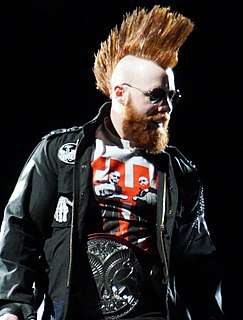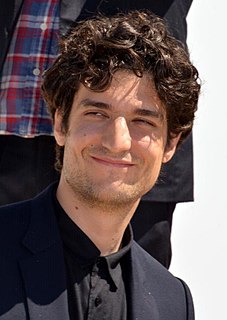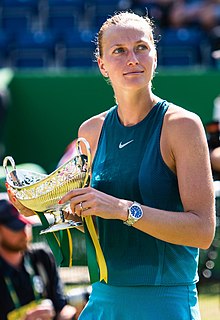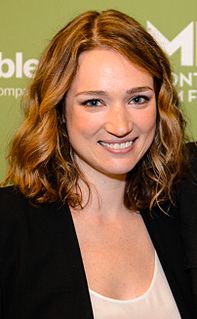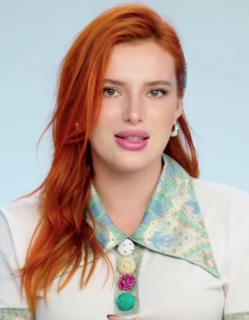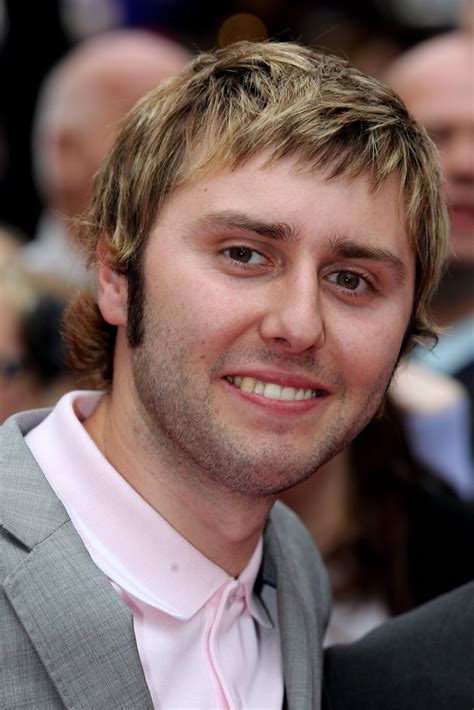A Quote by Sheamus
If you go back to the '80s, I didn't really know much about the characters. I knew what they did in the ring. I knew Hogan went off and spouted lots of crazy promos, and Ultimate Warrior did the same. They really were just characters.
Related Quotes
When I was in high school in the early 1970s, we knew we were running out of oil; we knew that easy sources were being capped; we knew that diversifying would be much better; we knew that there were terrible dictators and horrible governments that we were enriching who hated us. We knew all that and we did really nothing.
Since I knew I was going to make a film that was purely about emotions, and I knew that I ran the risk of being accused of amnesia relating to the social film, to prevent this I decided it would be good to have characters who were on the margins of society. These are characters for whom love is really the only way to know that they're alive.
One thing that I don't think I do is play characters. Once you start claiming that you can do something that you're not, you're crazy. I think scripts can really surprise you. You go, "Wow, I did not know that that response could come from me. I did not know that I had that in me." And so, the process of making the movie is just finding that and digging a little deeper.
I revisited some music that I had written for Miles Devis. I used to work with Miles in the '80s. We did an album - "Tutu," that was really successful for Miles, and a couple of years ago we did "Tutu Revisited," and this is where we played the music from "Tutu." But I knew Miles would absolutely hate it if we just got on the stage and played the music the same way we did it in the '80s.
I knew I could play well on the grass, but I really played so well today. I knew exactly what I had to play to beat her. I just did everything I could in the moment. I was very focused for every point. I knew that I had to go forward for every shot I was playing to push her back, and yeah, I did it.
The ball scene was never really only gay people. I think people have this notion that if there's a man hanging around a gay man, he must be gay, but that's just stigma. Back in the day, it was the same; there were lots of different people there: gay, straight, whatever. They did not care what they were called because they knew who they were.
Before he died, Harry said that his wife knew everything about every trick that he did, and that she knew how they all worked. It was interesting to play with that idea, and to find the places where she really was afraid for his safety and where she was playing along. I had to find that line between what's a performance and what's real, and that's so much of what magic is, as well. It was really, really fun. They were really partners, in every sense of the word.
What interested me the most was that when I [traveled to Europe] I knew what Joseph Beuys was doing, he knew what I was doing, and we both, we just started to talk. How did I know what Daniel Buren was doing, and to an extent, he knew exactly what I was doing? How did everybody know? It's an interesting thing. I'm still fascinated by it because, why is it now, with the Internet and everything else, you get whole groups of artists who have chosen to be regional? They really are only with the people they went to school with.
Really good acting is not about dialogue. It's really just about small moments that really make the whole entire scene and the intention completely different than even maybe what the characters are saying. Two characters could be saying, "I hate you, and I don't want to be with you anymore!" But yet somehow, their toes are just inching more, you know, closer to each other. So a really big thing about acting is really just with your body.
